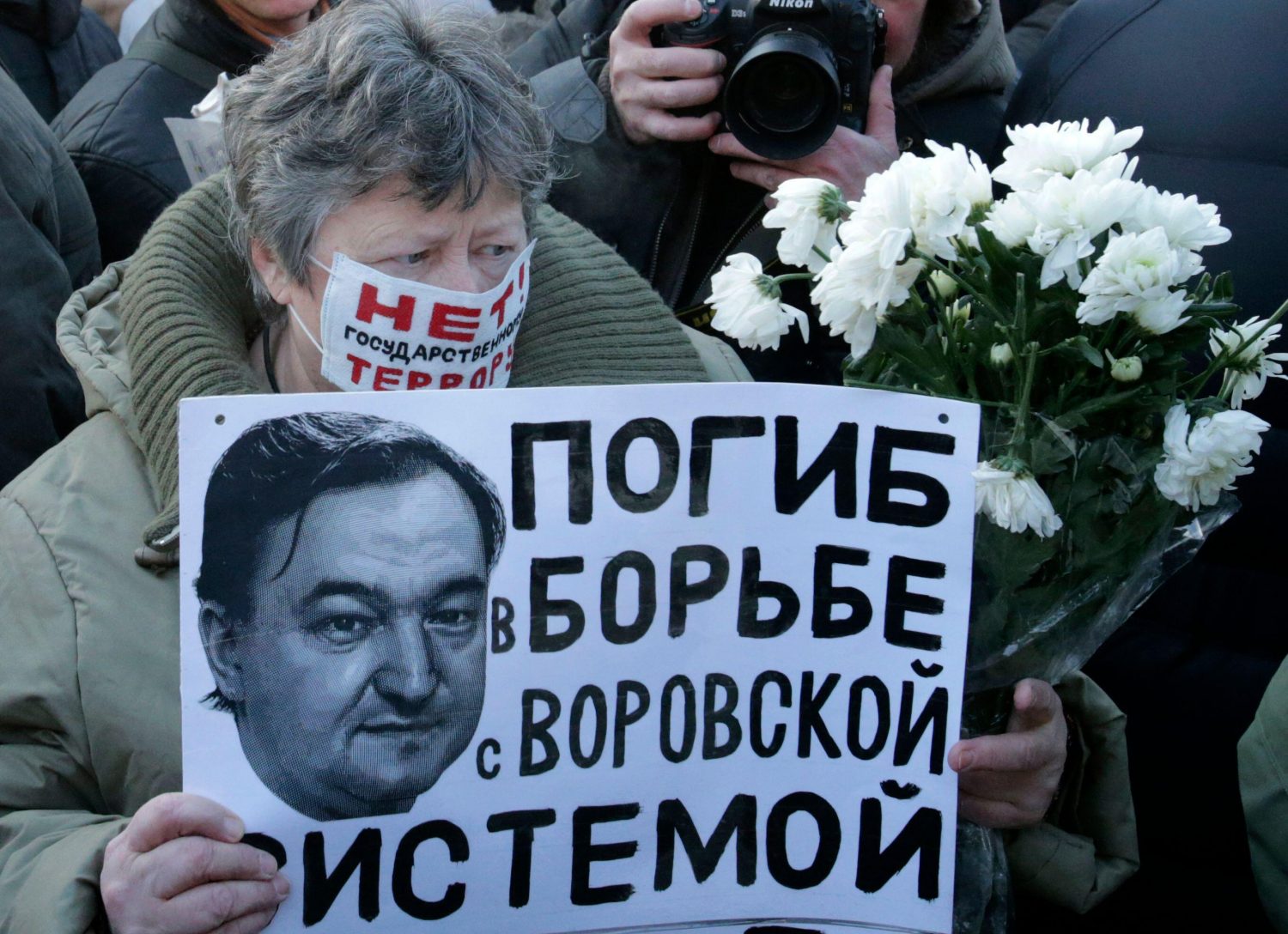
REDRESS Calls for the Use of Magnitsky Sanctions to Prevent Mass Atrocities
Today, REDRESS has submitted evidence to an inquiry into the effectiveness of the UK’s approach to prevent atrocity crimes inside and outside of conflicts.
The inquiry is carried out by the International Development Committee, which is responsible for scrutinising UK aid and official development assistance by other UK government departments. It responds to a pledge made in 2005 by United Nations member states, including the UK, to work to prevent mass atrocities, and to use diplomatic, humanitarian and other peaceful means to protect people from genocide, war crimes, ethnic cleansing and crimes against humanity.
Our submission sets out how the UK government’s use of Magnitsky sanctions, such as targeted sanctions imposed on individuals and entities for their involvement in human rights abuses, interacts with the UK’s approach to atrocity prevention, and how the sanctions can be used more effectively in this context.
The submission identifies five ways in which the use of Magnitsky sanctions can be improved to achieve this aim:
- The UK government should explicitly recognise the role that Magnitsky sanctions can play in atrocity prevention. One of the purposes of Magnitsky sanctions is the deterrence of serious human rights violations but there is no express recognition, in legislation or policy, of their use in atrocity prevention. If Magnitsky sanctions are to be used effectively as a tool of deterrence and prevention, the government must change this.
- The UK government should take a considered and comprehensive approach to sanctions. The government should consistently use the breadth of the Magnitsky sanctions regime to take action against the range of actors involved in mass atrocities, including those at the political level, within the military and security forces, and those who finance and enable violations. It should also ensure that key perpetrators of abuses are not left off the sanctions list.
- Sanctions should be imposed in coordination with key allies where appropriate. It is widely accepted, including by the government, that sanctions are most effective when implemented in coordination with international partners. Such multilateral coordination is key to ensuring effective atrocity prevention. However, a consistently coordinated approach to sanctions is lacking and the UK is falling behind its allies, particularly the US, in its use of Magnitsky sanctions to respond to, and deter, serious human rights violations.
- Sanctions should be imposed in the most egregious cases of human rights violations, not just where it is diplomatically convenient. Unlike other foreign policy tools, Magnitsky sanctions allow the UK to target those individuals and entities with responsibility for human rights abuses or corruption, while maintaining diplomatic and trading relationships with the country in question. As such, these sanctions can and should be used consistently to address human rights atrocities across the world, regardless of where they occur.
- There should be sufficient resources allocated to the implementation and enforcement of Magnitsky sanctions. Sufficient resources for the Foreign, Commonwealth and Development Office (FCDO) Sanctions Unit and the Office of Financial Sanctions Implementation (OFSI) are critical to ensuring and assessing the effectiveness of the UK’s Magnitsky sanctions programme, including in the context of atrocity prevention. Last year, the US had a budget of $4.5 million for its Magnitsky and other targeted sanctions programmes. The UK government should follow the US example and publish its budget for Magnitsky sanctions to ensure greater transparency.
Read more about our Magnitsky sanctions project here, or contact our Legal Officer Megan Smith on [email protected].
Photo credit: Alamy Stock/REUTERS/Tatyana Makeyeva
